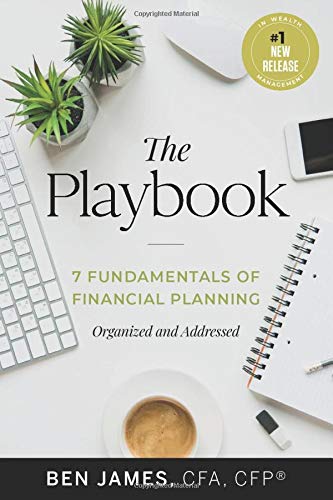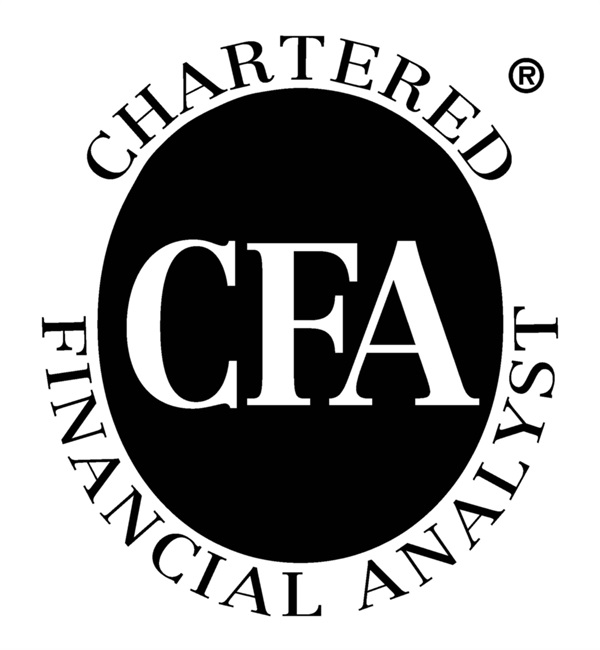
Tips to avoid one of the biggest retirement worries that all of us will face
Retirement is a major milestone that brings many life changes. One thing that doesn’t change for most people: the fear of running out of money. In fact, one of the most frequently reported retirement worries is outliving savings and investments. And interestingly, this is a concern across all ages – many don’t think they’ve built a nest egg large enough to last through retirement.
Now is the time to face your fears. Yes, there are a lot of ways you could go broke in retirement, but many can be addresed with careful planning. Here are a seven ways you could run out of money in retirement – and ways to help plan for them.
You could go broke in retirement if:
You Abandon Stocks
Yes, stocks are risky. Just look at 2020 as an example. We saw an end to the longest bull-market in history, two market corrections, a legitimate bear market and then a spectacular bounce from the bottom. And all that happened in a single year. But if you’re retired, you might have been inclined to move your money out of stocks altogether and instead focus on preserving your wealth.
But that might have been a mistake.
Without stocks, you might not get the growth that you need. You need your money to continue to grow through those 20 to 30 or even 40 years of retirement to outpace inflation and help maintain your lifestyle.
You Spend Too Much Money
This one seems so obvious, but all of us are guilty of making this mistake (whether or not we’re retired). And according to the Employee Benefit Research Institute, almost half of retirees spent more annually in their first two years of retirement than they did just before retiring. So for retirees on a fixed income, this is a problem, making budgeting more important than ever.
You Abandon Insurance
Sure, eliminating costs in retirement is a good idea, but eliminating your insurance might not one of them. In fact, having adequate health coverage is essential to helping prevent a devastating illness from wiping out your retirement savings. And don’t just think about health insurance either.
Whether you want to admit it or not, our chances of having a car accident increase as we get older. And one car accident-related lawsuit could drain your retirement savings.
You Plan on Just One Source of Income
In retirement, having multiple income streams is almost always better than just one. Think about this: many retirees consider Social Security to be their primary source of income, but do you worry that Social Security will be reduced or cease to exist in the future? And many retirees rely on pensions as a source of income, but how secure might that be? Or are you counting on a big inheritance?
But when you include each of the above income streams are combined together along with what you saved for retirement, in 401(k)s and IRAs, then you have more stable and diversified income streams to rely on in your retirement years.
You Forget About Taxes
Ok, maybe this mistake won’t make you broke, but without a smart withdrawal strategy you will end up losing more than you should. Maybe a more tax-efficient way might be to draw down the principal from maturing bonds and certificates of deposit first, since they are no longer bearing interest. Then maybe sell from your taxable accounts, for which you only have to pay the capital-gains tax and end with withdrawing from your tax-deferred accounts.
You Don’t Account for Where You Live or Vacation
Where you live impacts what you pay in taxes big time. That’s why so many people move to Florida and
Arizona after they retire. Besides the sunshine, both states are tops when it comes to offering more tax-friendly environments for retirees.
But, if you’re like most people who think about where to live, you’re also probably imagining traveling during your retirement years. But before you book your next five trips, you must make sure your finances can handle your trips because seeing the world isn’t cheap.
To plan your retirement vacations, you can do a couple of things to better afford your travels: either increase your spendable income (but be careful here, especially in the first few years of retirement) or you can reduce your travel expenses (duh).
You Rely Exclusively on Bonds
In today’s low- (or no-) interest world of bank accounts, increasing income can be a huge challenge. You either risk your savings in the stock market, which has a low dividend yield of about 1.5%, or you go into bonds.
Except bonds might well be headed for trouble. If interest rates finally rise from today’s historical lows, which his likely, bond values will decrease – maybe even substantially. You could end up with a big loss after just a small increase in rates.
Your Financial Professional
Running out of money is a really big worry in your retirement years. And layering on the unpredictability of investing, you might ask yourself how you prepare your retirement portfolio for all of it? Well, one major key to successful planning for your retirement lies in following wise strategies.
Your financial professional understands these strategies and is great source for information about how to handle your money as you manage your retirement.
Your financial professional’s role is to prepare for the best – and the worst – of anything. The world is just too unpredictable to do less.
Important Disclosures
The opinions voiced in this material are for general information only and are not intended to provide specific advice or recommendations for any individual security. To determine which investment(s) may be appropriate for you, consult your financial professional prior to investing.
This information is not intended to be a substitute for specific individualized tax or legal advice. We suggest that you discuss your specific situation with a qualified tax or legal advisor.
Investing in stock includes numerous specific risks including: the fluctuation of dividend, loss of principal and potential illiquidity of the investment in a falling market.
Bonds are subject to market and interest rate risk if sold prior to maturity. Bond values will decline as interest rates rise and bonds are subject to availability and change in price.
There is no guarantee that a diversified portfolio will enhance overall returns or outperform a non-diversified portfolio. Diversification does not protect against market risk.
This article was prepared by FMeX.
LPL Tracking # 1-05117226





